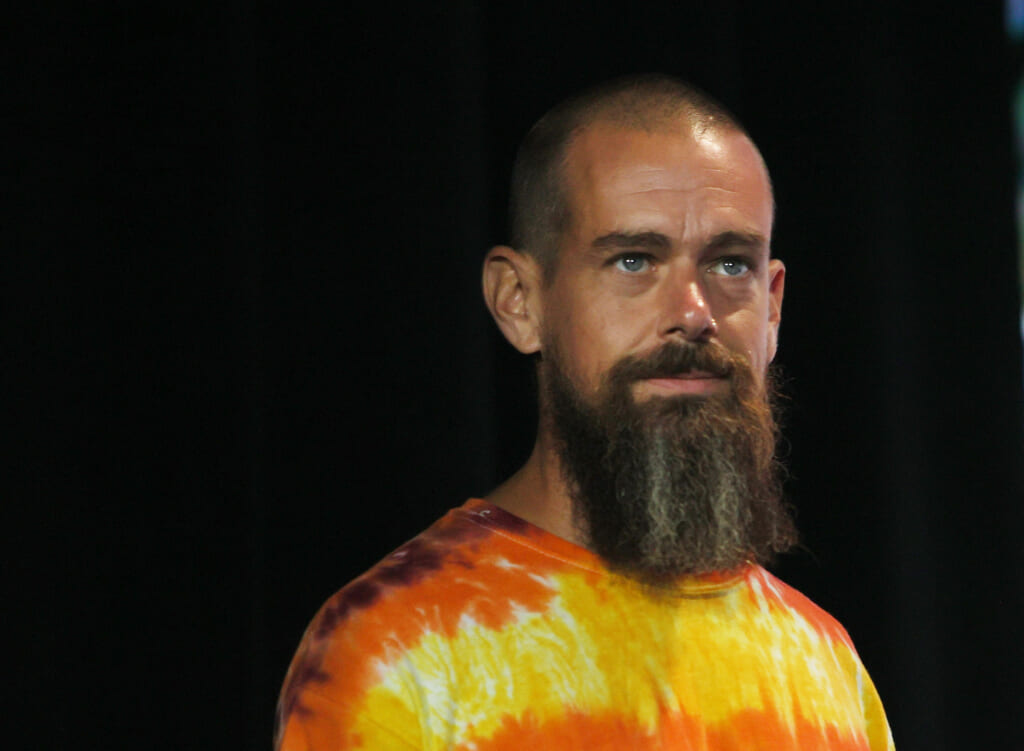‘Jack Dorsey’s First Tweet’ NFT Offered For $48 Million, Flops With $12,700 Top Bid
A crypto entrepreneur has been offered just .4 percent of the $2.9 million he paid for the NFT-ed tweet in 2021.

A cryptocurrency entrepreneur is struggling to sell a much-hyped NFT of Twitter founder Jack Dorsey’s first tweet after paying $2.9 million for the digital object in 2021.
Sina Estavi, CEO of Malaysian crypto venture Bridge Oracle, listed the blockchain-coded screengrab reading “just setting up my twttr” for $48 million on NFT marketplace OpenSea. He promised to donate 50 percent of the proceeds to nonprofit money transfer service Give Directly if the final bid reached $50 million or more.
At the end of Estavi’s initial seven-day auction, the highest bid was $280 (.09 ether), CNET reports.
“The deadline I set was over, but if I get a good offer, I might accept it, I might never sell it,” Estavi told CoinDesk.
He’s since reopened the auction, and as of the morning of April 15, bidding had climbed to $12,662.66 (4.2 ether). That’s just over .4 percent of what Estavi paid when Dorsey originally put the NFT up for auction about a year ago.
Forbes spoke with an NFT expert who provided insight into Estavi’s motivations and the apparent lack of interest in his auction.
“What is the utility of that NFT? Does Jack Dorsey take you out to dinner in Silicon Valley?” said Mitch Lacsamana, an NFT collector and head of marketing for an NFT trading group. “What is the real value proposition here? I think time has probably told us, and it’s probably nothing.”
Though Estavi may have aimed to garner attention by setting an exorbitant $50 million target price, it seems highly unlikely he’ll recoup anything close to the $2.9 million he paid for the NFT.
“The market isn’t ready to jump into literally anything that a celebrity or someone of high stature might release,” Lacsamana says.
“I think last year was a really good time for that, but a lot of people have grown weary of cash-grab tactics.”
Estavi’s past dealings may have also made potential bidders wary. CoinDesk reports that his company, Bridge Oracle, took a nose dive after Estavi was reportedly arrested last year in Iran on charges of “disrupting the economic system.”
Per Coin Desk:
His CryptoLand exchange folded, leaving customers unable to access their funds, and the price of his Bridge Oracle project’s BRG token tanked. Now out of prison, the Iran-born crypto entrepreneur says he’s trying to make it right with holders of those almost worthless tokens, which were issued on the Tron blockchain.
Last week, Estavi offered to let holders swap those tokens for a new version of BSG running on the Binance Smart Chain. Unlike its namesake token, the new BRG can be sold on several exchanges.
The catch? He wants the original BRG investors to send him their phone numbers and some TRX tokens (the native currency of the Tron network) to verify their holdings. He’ll send them their new tokens within a month or two along with the TRX tokens that were sent for verification, he claims.
“I want the crypto community around the world to support me and for us all to support each other, so that we can continue to be powerful and go further and help the blockchain,” Estavi said in Persian, in one of several interviews with CoinDesk.
Many Bridge Oracle investors said they have their doubts, for numerous reasons. For one thing, Estavi launched and promoted the new token before working out how to repay investors in the old one.
For digital collectors who may still be interested in buying Dorsey’s first tweet regardless of its current value, it looks like the NFT will be available for a fraction of what it was initially offered for.
